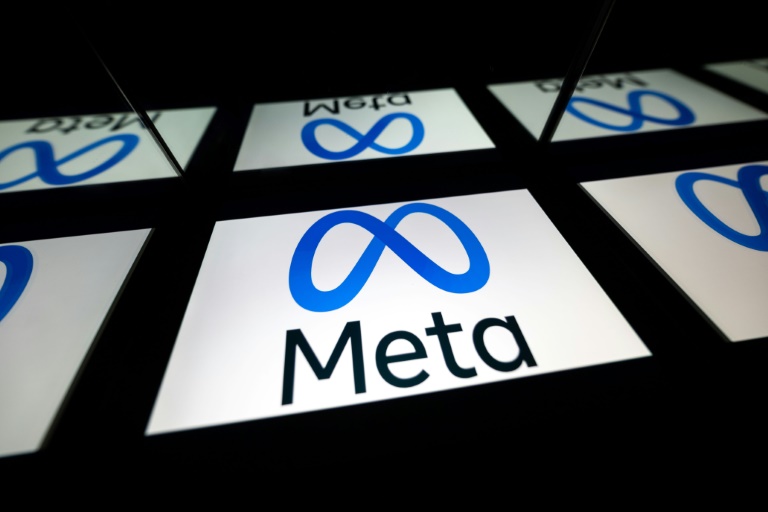Op-Ed: Facebook ditches Australian pay-for-news deal — Much trickier than it looks

Meta, the parent company of Facebook and Instagram, is under fire after it blocked media organizations from posting news articles on the Meta-owned platforms – Copyright GETTY IMAGES NORTH AMERICA/AFP/File JUSTIN SULLIVAN
The long turgid dispute with Facebook, Google, and others about paying for news took months to resolve. Meta has now decided it doesn’t want to pay, and will not be renewing the agreement. Yes, that is back to square one.
There is a financial incentive. The deal costs Meta $70 million a year. Not huge in relation to Meta’s revenue, but it’s still $70 million. Facebook will also be shutting down its news tab in Australia and the US.
…Which leaves what where, you may well ask. It’s a direct hit to news feeds. There are possibilities that other signatories to the agreement may follow suit, although the other parties have made no statements.
News and social media have a truly lousy relationship. Fake news is apparently OK, and political trolls are OK, but actual news apparently isn’t as interesting.
To be strictly fair about this, I thought at the time that the news aggregators were doing news media more good than harm. There’s been a major change to that situation. Artificial intelligence and bots can generate news or swipe it. …So, what, exactly, would you be paying for in that situation?
Are you prepared to pay for a possible second-hand breach of copyright material? Will the New York Times vs OpenAI case have a collateral damage impact by giving any copied material a different status when published?
Meaning that if news on a social media site is AI-generated, as it inevitably will be, does the original source have a stake? It probably does.
Then there’s the little matter of hits on platforms. Does “no news” equate to more or less hits on social media sites? Does that matter? It probably does in terms of gross hits. You’d have millions fewer hits.
Not everybody uses social media for the joy of reading intolerant ignoramuses. Not everybody thinks social media is the best place to get the news, either, but news does generate a lot of hits.
How will advertisers react to the Facebook move? Not a squeak so for, and certainly nothing like the recent egregious X fiasco, but stats will tell.
There’s another issue here – Facebook is NOT a news site. It’s not core business in that sense, and staying away from controversy is usually a good idea for media these days.
After record profits, Facebook is also in a good position to make changes. In its official statement about the Australian news move, Meta says it’s realigning to services people want.
…Or ditching difficult admin? The backroom costs and stresses for news media would be pretty significant. Facebook may be repositioning and using Australia as a test case, or simply pruning operating costs. Cutting costs was one of the major reasons for those big profits.
I wouldn’t go nuts about this just yet. Australian news media is as moribund and dinosaur-like slow to develop new business models as most. Depending on social media for market reach is rather 1997.
Meta may be testing the waters or simply doing basic business in its current style. There’s either room for negotiation or there isn’t.
This should be a wake-up call for global news media. Deals don’t last forever. Nor are business models set in stone.
______________________________________________________________
Disclaimer
The opinions expressed in this Op-Ed are those of the author. They do not purport to reflect the opinions or views of the Digital Journal or its members.
Op-Ed: Facebook ditches Australian pay-for-news deal — Much trickier than it looks
#OpEd #Facebook #ditches #Australian #payfornews #deal #trickier





